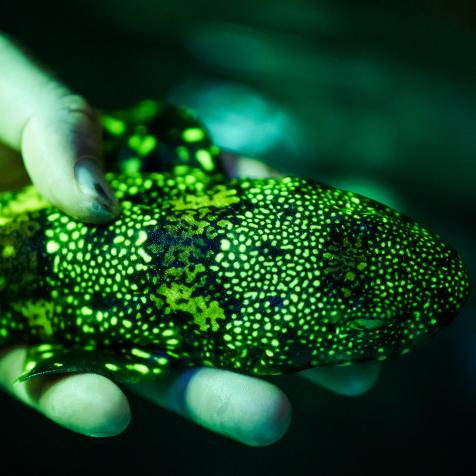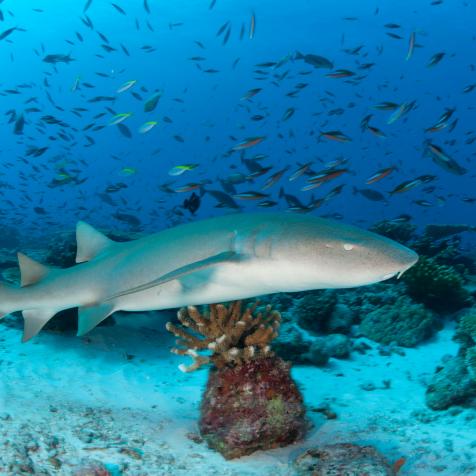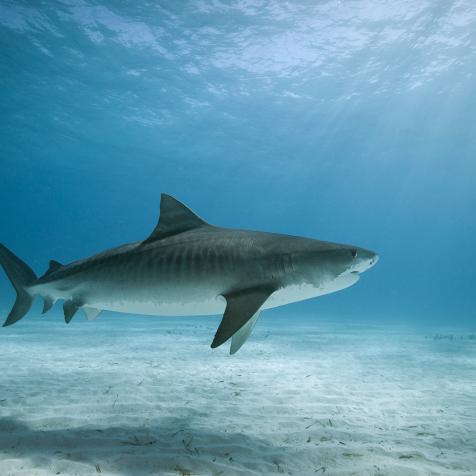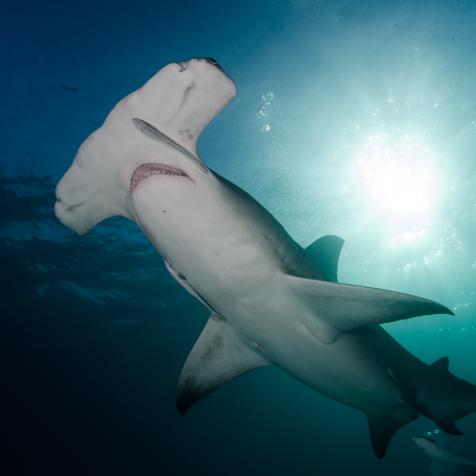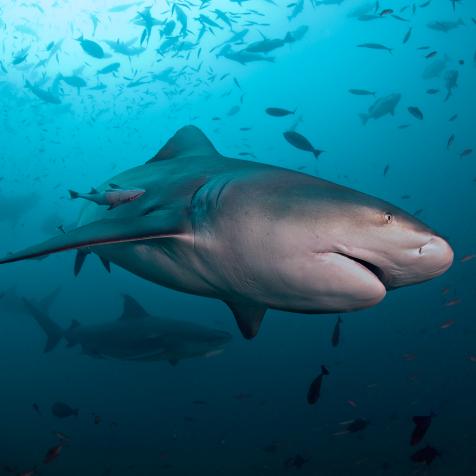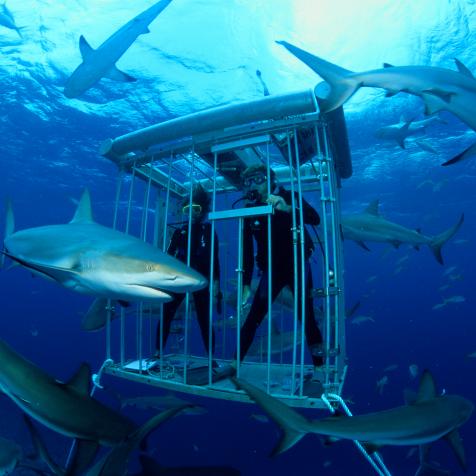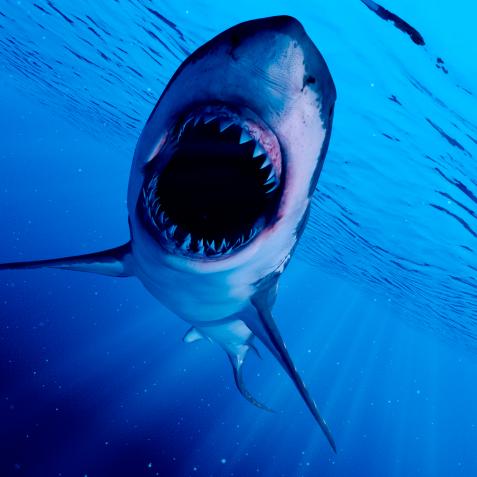
Jag_cz
Endangered Sharks of the World
Our world's oceans are continually challeged by pollution, overfishing, and climate change. This affects sharks just as much as it affects humans--if not more so. Read on to learn about some endangered sharks that need our help.
It is not new news that our oceans are polluted. There are thousands of endangered animals in our ecosystem and just because sharks are the king of the sea, doesn’t mean they are exempt from the threats of over-fishing, finning, habitat disruption, and pollution. Did you know that some of the most iconic sharks reside on the endangered list?
Great Hammerhead
The great hammerhead is highly endangered and nearing extinction due to the fin trade and their close-to-shore habits.

Ken Kiefer 2
Great White Shark
The great white shark may rule supreme, but due to both targeted and accidental fishing, these majestic creatures are vulnerable to extinction.

Alastair Pollock Photography
Whale Shark
The whale shark is an interesting case--they also are valuable to the fin trade and in some places, it is common to see a while shark on a menu. Recently though, toursim has actually helped the whale shark, as there are popular excursions where you can swim with them in many tropical locales. This makes them more valuable alive to some.

by wildestanimal
Scalloped Hammerhead
Unlike the great hammerhead, the scalloped hammerhead finds its home with a gam (more commonly known as a school or herd). Though this protects them from their very few natural predators, it makes them easier to find and catch, which leads to their spot on the endandgerd species list.

Gerard Soury










